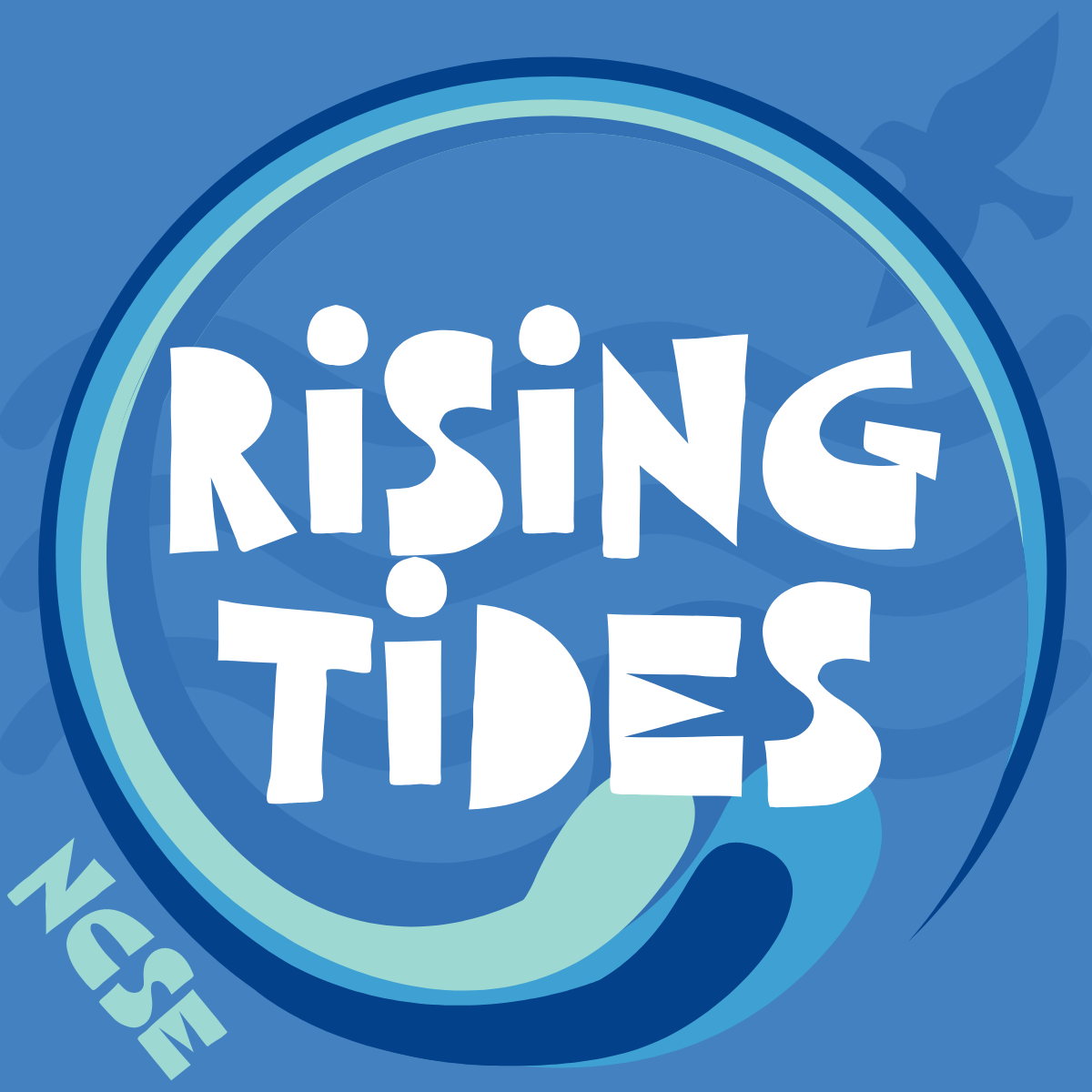The 2019 hurricane season is well upon us, and across the country many people have growing concerns about how climate change is affecting extreme weather. Climate change certainly contributes to more extreme weather in some demonstrable ways. When temperatures are warmer during hurricane season, clouds can hold more water and wind speeds are faster, leading to more destructive storms. Climate change is also reliably linked to an increase in extreme temperatures and droughts worldwide. When we lead our Rising Tides activity, participants often point the discussion towards the impact of hurricanes on people they care about, with an eye to understanding the future.
However, it’s too simple just to say that climate change causes extreme weather. While climate change plays a role in increasing the severity of hurricanes, there is incomplete understanding of how changes in ocean patterns may lead to their formation. For other extreme weather patterns, such as tornadoes and wildfires, scientists believe that while climate change plays a role, other factors are also important in determining the severity of these events.
Interpreting this nuance is hard enough when speaking directly to participants. When filtered through the mouths of volunteers, however, it is easy for scientific uncertainty to sound like poor preparation or confusion. In worst case scenarios, volunteers may leave any hint of nuance behind, stepping out of the realm of science into that of political activism. These outcomes can lead to participant frustration or even downright hostility, especially in areas where climate change remains a contentious issue.
like poor preparation or confusion. In worst case scenarios, volunteers may leave any hint of nuance behind, stepping out of the realm of science into that of political activism. These outcomes can lead to participant frustration or even downright hostility, especially in areas where climate change remains a contentious issue.
So how can you take advantage of a great opportunity to make climate change relevant for your participants without making your volunteers rebel? Here are some suggestions for training volunteers in discussing the scientific uncertainties around climate change and extreme weather:
- Frame as Relative Risk. The simplest way to help volunteers discuss climate change and extreme weather is teaching them about increased risks. Help them reframe the “cause-and-effect” questions that participants might ask into scientifically sound answers about climate change “increasing risk” or “increasing damage.” We suggest having them practice refocusing the discussion before, so they’ll be ready for participant questions.
- Focus on people over mechanisms. There are some great experiments to explain specific mechanisms about climate change’s impact on extreme weather (making a cloud under different temperatures is a personal favorite), but these activities are rarely inquiry-based and often feel impersonal. Many people, especially our target audiences, resonate most with topics where they feel a personal connection and can engage with the interpreter as an equal. Therefore, encourage volunteers to start by asking about personal experiences with extreme weather and use those experiences to guide the conversation.
- Illustrate the Nature of Science. Scientists gather multiple lines of evidence to form a consensus, separating true scientific inquiry from the cherry-picked data used to push agendas. As your volunteers get comfortable discussing climate change with the public, encourage them to frame areas where scientists are still gathering evidence in a positive way. Rather than focusing on scientific disagreements, they can emphasize that through these disagreements we get the most accurate picture of what’s happening.
- Emphasize Empowerment. Rising Tides encourages participants to enter the activity from the perspective of creating and testing successful climate change accommodation. We chose this specifically to counteract the experience many participants have with climate change activities: namely, shame, gloom or a severe lack of agency. Focusing on problem-solving not only minimizes pushback from climate change deniers, but also allows for natural points of inquiry about mechanism as participants try to craft viable solutions.


 like poor preparation or confusion. In worst case scenarios, volunteers may leave any hint of nuance behind, stepping out of the realm of science into that of political activism. These outcomes can lead to participant frustration or even downright hostility, especially in areas where climate change remains a contentious issue.
like poor preparation or confusion. In worst case scenarios, volunteers may leave any hint of nuance behind, stepping out of the realm of science into that of political activism. These outcomes can lead to participant frustration or even downright hostility, especially in areas where climate change remains a contentious issue.